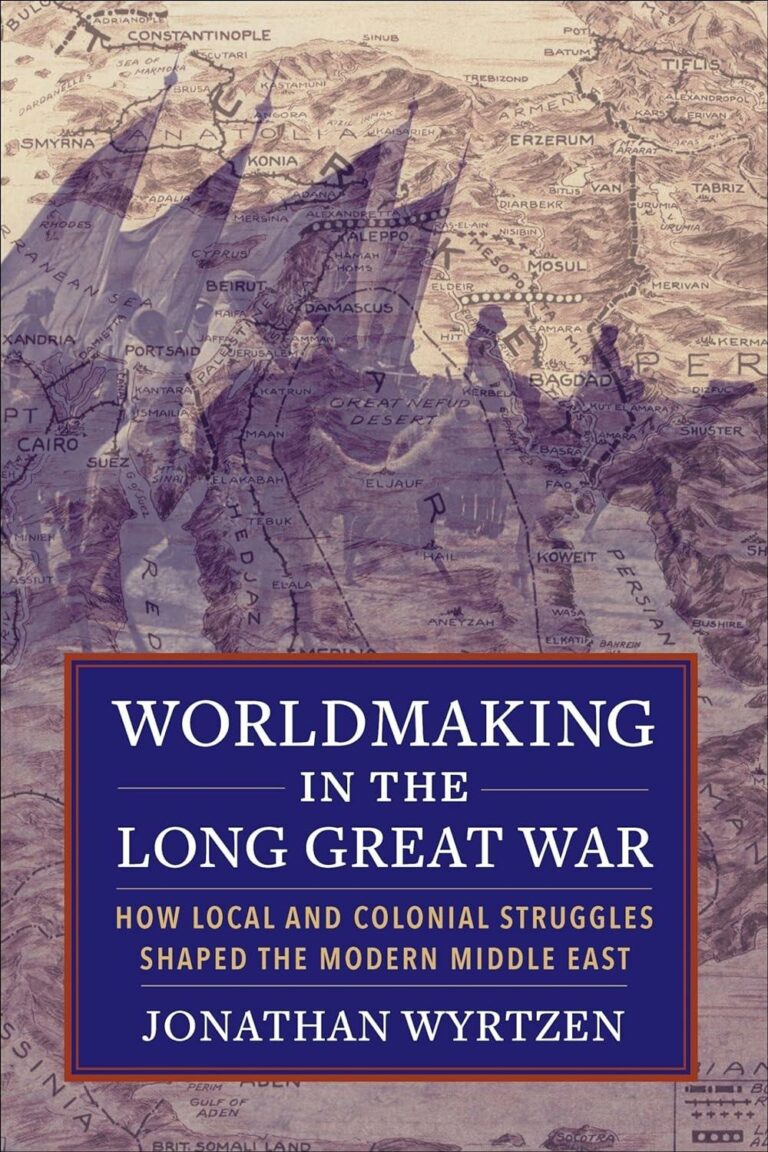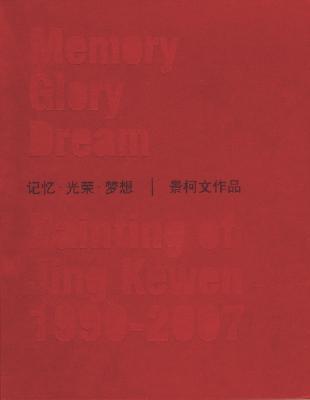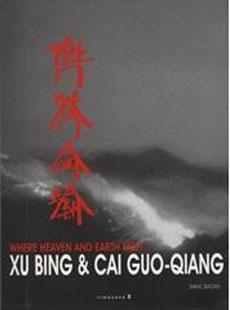Worldmaking in the Long Great War

It is widely believed that the political problems of the Middle East date back to the era of World War I, when European colonial powers unilaterally imposed artificial borders on the post-Ottoman world in postwar agreements. This book offers a new account of how the Great War unmade and then remade the political order of the region. Ranging from Morocco to Iran and spanning the eve of the Great War into the 1930s, it demonstrates that the modern Middle East was shaped through complex and violent power struggles among local and international actors.
Jonathan Wyrtzen shows how the cataclysm of the war opened new possibilities for both European and local actors to reimagine post-Ottoman futures. After the 19141918 phase of the war, violent conflicts between competing political visions continued across the region. In these extended struggles, the greater Middle East was reforged. Wyrtzen emphasizes the intersections of local and colonial projects and the entwined processes through which states were made, identities transformed, and boundaries drawn. This books vast scope encompasses successful state-building projects such as the Turkish Republic and the Kingdom of Saudi Arabia as well as short-lived political units-including the Rif Republic in Morocco, the Sanusi state in eastern Libya, a Greater Syria, and attempted Kurdish states-that nonetheless left traces on the map of the region. Drawing on a wide range of sources, Worldmaking in the Long Great War retells the origin story of the modern Middle East.
Sin existencias
Sin existencias en este momento. Si desea información sobre el libro, por favor contacte con bookshop@ivorypress.com


